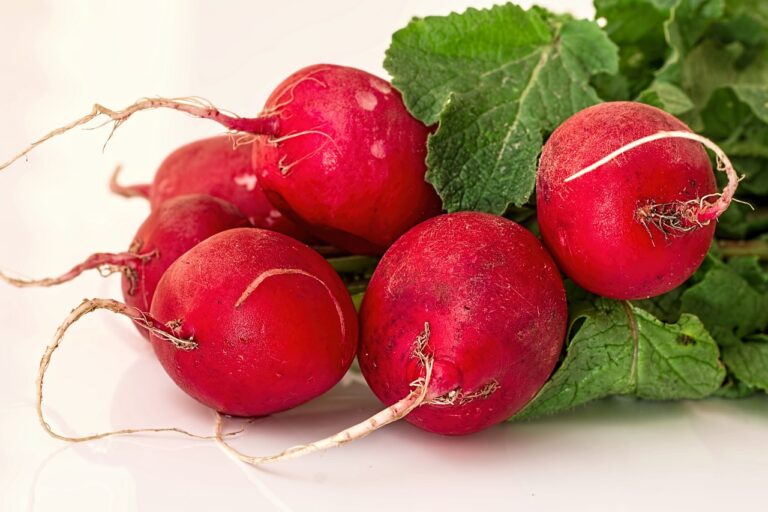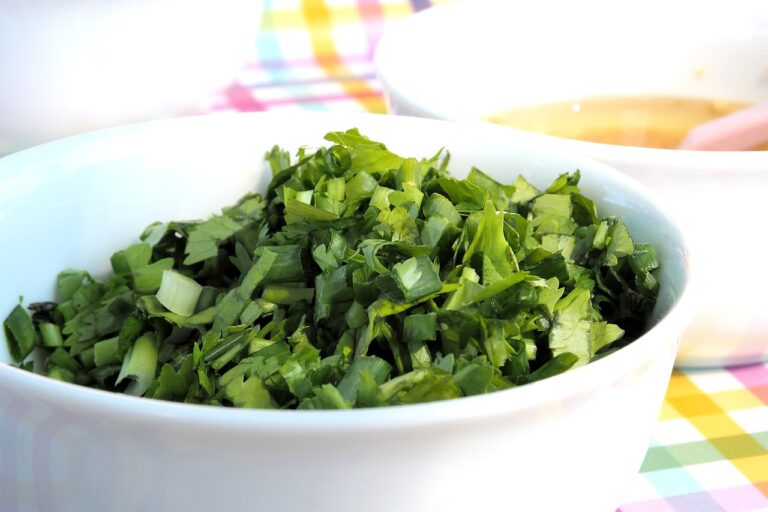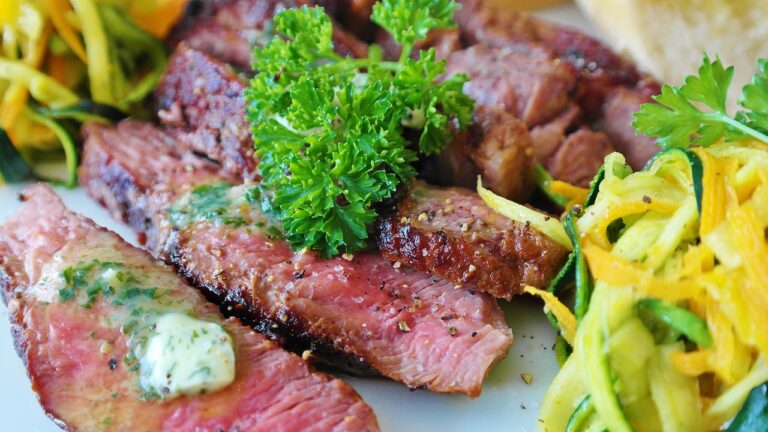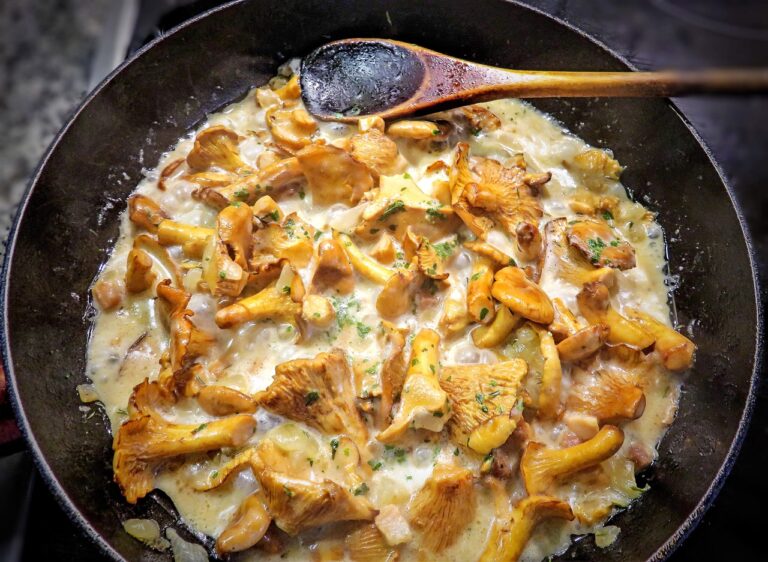Discover 10 Surprising Reasons Why You Are Craving Food
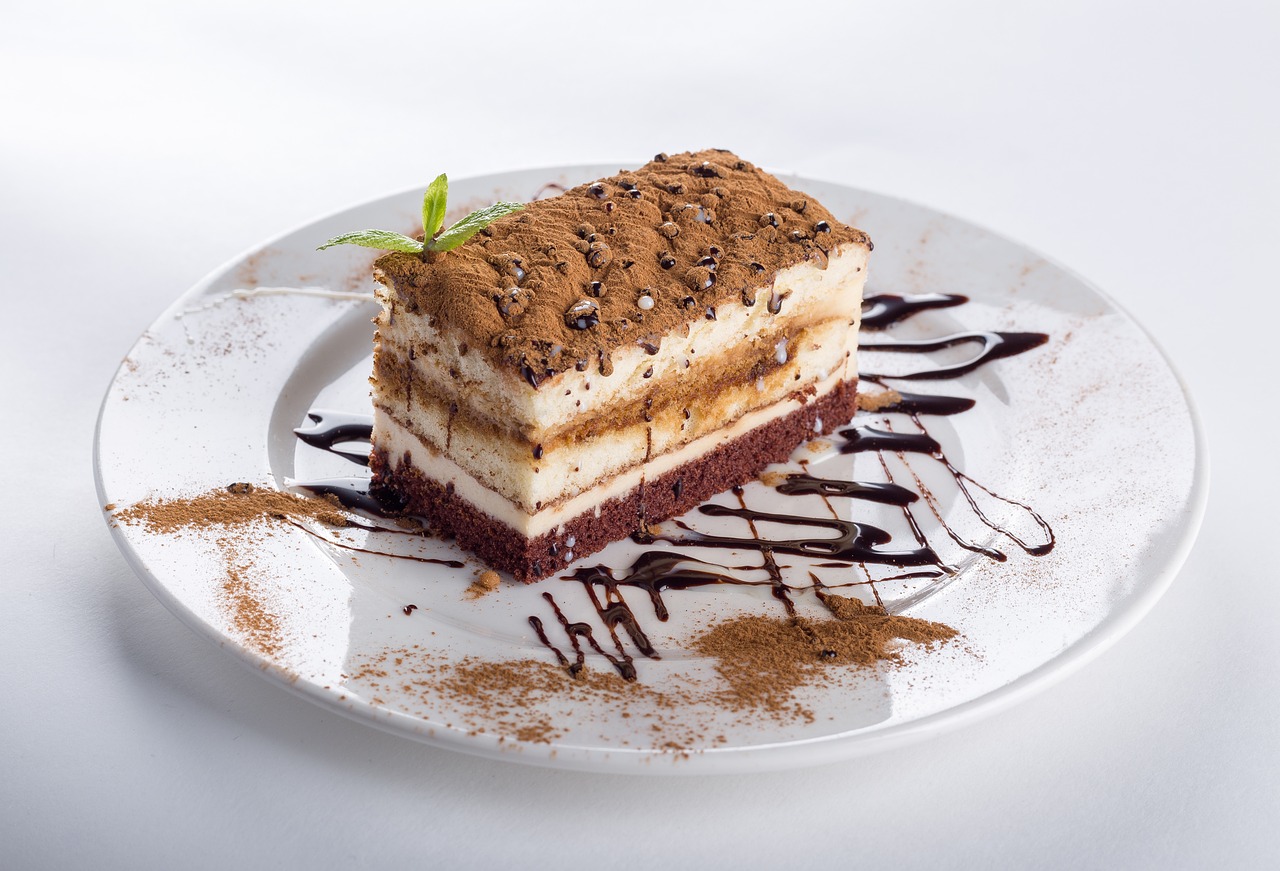
Everyone has experienced it at some point: that undeniable, powerful urge to eat a specific type of food, seemingly out of nowhere. But have you ever wondered why these food cravings occur? Cravings are complex, with a mix of biological, psychological, and environmental factors driving them. In this article, we’ll explore ten reasons behind our food cravings.
Why Am I Craving Food?
1. Hormonal Changes
During certain periods like menstruation, pregnancy, or menopause, hormonal fluctuations can lead to increased cravings for specific foods. For example, many women crave chocolate or salty snacks during their menstrual cycle due to shifts in progesterone and estrogen levels.
Pregnant women often experience strange or intense food cravings, possibly as a result of the combination of hormonal changes and the body’s need for specific nutrients to support the growing fetus.
2. Emotional Eating
Stress, anxiety, sadness, or boredom can sometimes manifest as cravings for comfort foods. These foods, often high in sugar or fat, provide a temporary feeling of pleasure and relief.
Similarly, positive emotions can also lead to cravings. Celebrations or happy memories associated with certain foods can make us desire them when we’re in a good mood or reminiscing about good times.
3. Nutrient Deficiencies
When our body is lacking a specific nutrient, it might respond by creating a craving for foods that are rich in that nutrient. For instance, an iron deficiency might lead to cravings for red meat.
However, it’s essential to note that not all cravings indicate a deficiency. Often, the foods we crave aren’t the best sources of the nutrients our body needs.
4. Blood Sugar Levels
Low blood sugar can lead to a sudden desire for sugary foods. This is the body’s quick fix to elevate glucose levels and provide energy.
However, indulging in these cravings can lead to a spike in blood sugar followed by a rapid drop, creating a cycle of highs and lows. Maintaining stable blood sugar levels through regular, balanced meals can help prevent such cravings.
5. Environmental Triggers
Seeing, smelling, or even thinking about certain foods can provoke cravings. This can be the result of past experiences, cultural influences, or simply being in an environment where food is readily available.
For instance, walking past a bakery and smelling fresh pastries can instantly make you crave them, even if you weren’t thinking about food moments before.
6. Social Influences
Being around people who are eating certain foods or discussing delicious meals can ignite our own cravings. Social gatherings, watching food commercials, or scrolling through food-related social media can all act as triggers.
Similarly, cultural or family traditions associated with specific dishes can make us crave them during particular times or occasions.
7. Brain Chemistry
Certain foods, especially those high in sugar, salt, and fat, can stimulate the brain’s reward system, releasing feel-good chemicals like dopamine. This pleasure response can lead to frequent cravings for these foods as the brain seeks that positive feeling again.
Over time, these patterns can become ingrained, making it harder to resist these cravings and potentially leading to unhealthy eating habits.
8. Dehydration
Sometimes, the body can confuse thirst with hunger. When dehydrated, you might find yourself craving salty or sweet foods when what you genuinely need is water.
Regular hydration can help keep these types of cravings at bay. It’s always a good idea to drink a glass of water when you feel a sudden craving and wait a few minutes to see if it subsides.
9. Sleep Deprivation
Lack of adequate sleep can increase hunger hormones and decrease satiety hormones, leading to heightened food cravings. Specifically, sleep-deprived individuals often crave high-calorie, sugary, or salty foods.
Ensuring you get a good night’s sleep can help in keeping these cravings in check and maintaining overall health.
10. Past Habits and Conditioning
Our past eating habits and routines can influence our present-day cravings. If you’re used to having a sweet treat after dinner, you might find yourself craving it out of habit, even if you’re not particularly hungry.
Being mindful of these habits and actively working to change or replace them can help in managing such cravings.
Conclusion
Understanding the reasons behind our food cravings can be a step towards managing them better. While occasional indulgence is entirely okay, consistently giving in to these urges can lead to unhealthy eating patterns. By being mindful of triggers, addressing underlying issues, and creating healthier habits, we can navigate our food cravings in a way that supports our overall well-being.

